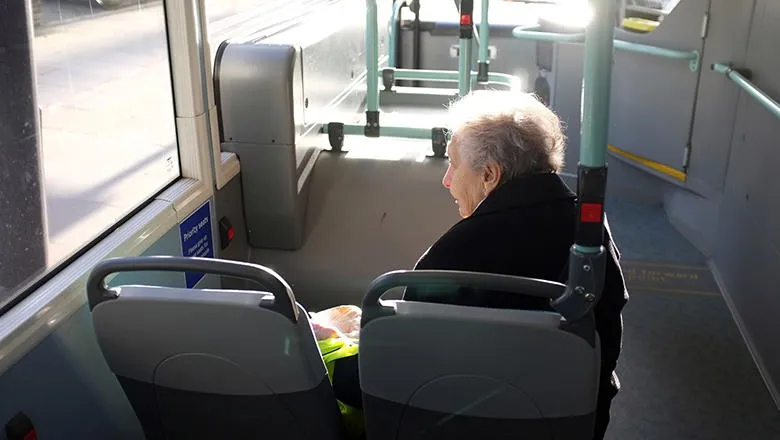Specialised pre-operative assessments for elderly patients lead to shorter hospital stays and fewer complications, according to research from King’s.
The study, published in the British Journal of Surgery, found that having the assessments before planned operations shortened older patients’ average hospital stay by more than two days and reduced the rate of some complications, such as delirium (sudden confusion) and heart problems, by more than 50%.
You may also be interested in:
Researchers from King’s and Guy’s and St Thomas’ recruited 176 patients over 65 who were due to have major surgery to treat problems affecting their blood vessels. Half of the patients had standard pre-operative assessments while the others had the specialised pre-operative geriatric assessment. These are carried out by clinicians including a doctor, clinical nurse specialist, social worker and occupational therapist. Patients’ medical conditions, memory, psychological health and functional status, which included looking at where they live, were examined.
The specialised assessments are more detailed, targeted and holistic than standard pre-operative assessments but they do not take much longer to complete. They aim to identify potential risks and then minimise them by introducing individual care plans and providing advice on the prevention and management of anticipated complications.
Patients receiving the specialised pre-operative assessments stayed in hospital after surgery for an average of 3.3 days, compared with 5.5 days for patients who had standard pre-operative assessments. Reducing the length of hospital stay was the main aim of the study, as patients had identified it as being the best measure of the ‘success’ of a hospital stay, and it saves the NHS money.
The trial was funded by a Research into Ageing–Age UK–British Geriatrics Society grant and by Guy’s and St Thomas’ Charity, and it was supported by the National Institute for Health Research (NIHR) Biomedical Research Centre at Guy’s and St Thomas’ and King’s College London.

